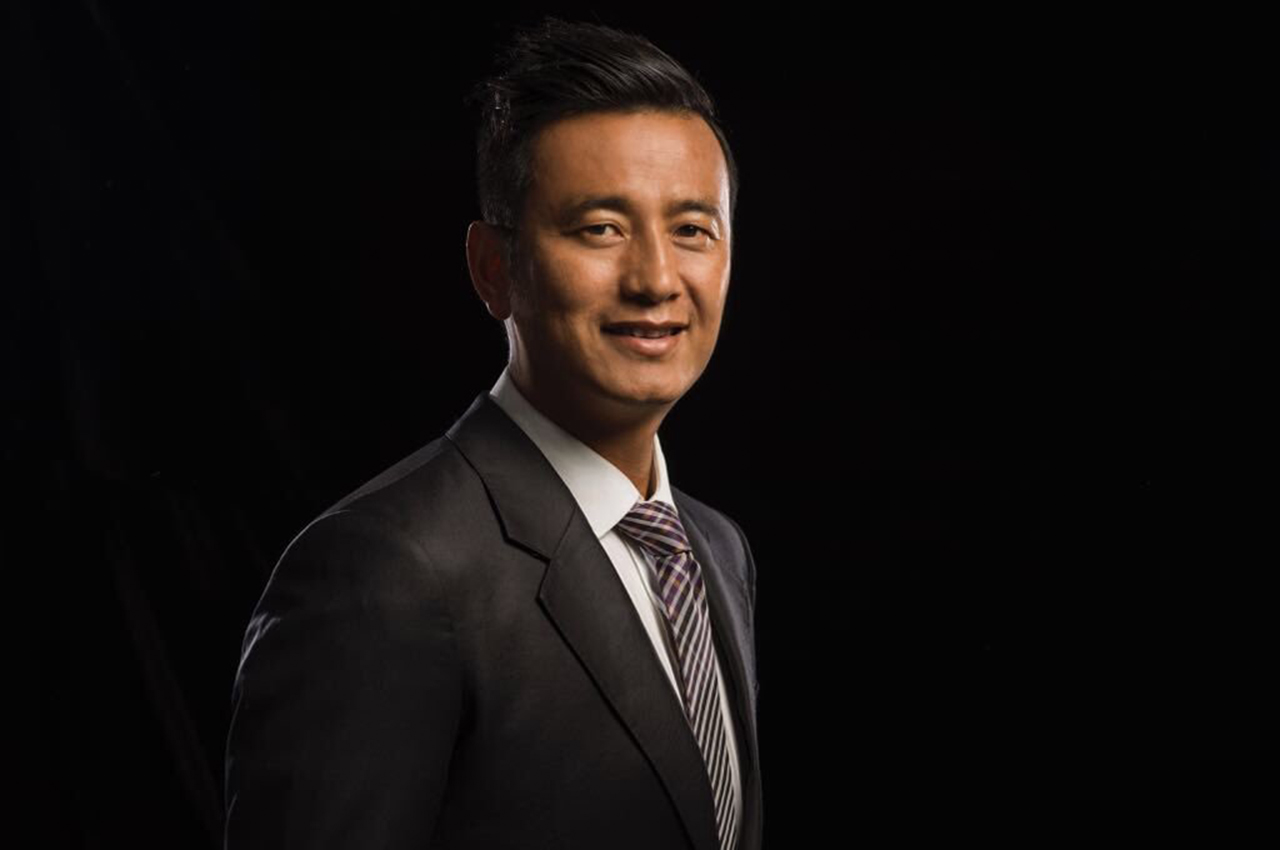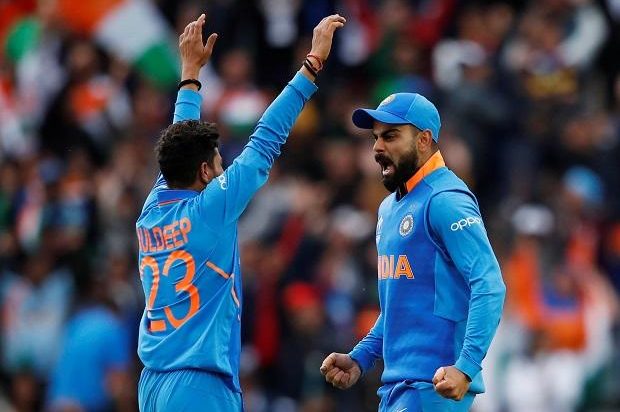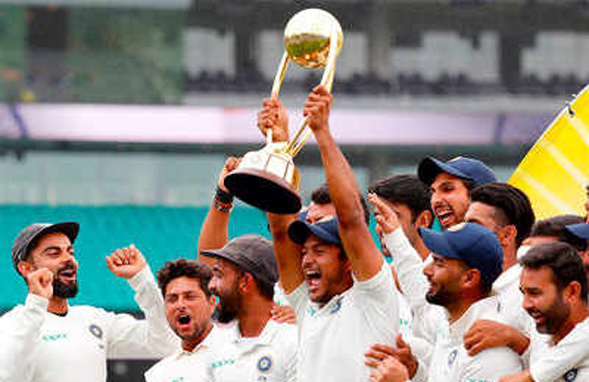New Delhi: Bhaichung Bhutia, the torchbearer of Indian football in the international arena, is all set to play a bigger game in Politics.
Two Months ago, Bhaichung Bhutia quit the Trinamool Congress (TMC), eyeing a larger political role in his home state Sikkim. On Thursday, he took the first step towards it.
The 41-year-old floated the Hamro Sikkim Party, with the ambition of ending the 24-year rule of the Sikkim Democratic Front in the state.
“I am here not to be the president of the party or the CM face,” Bhutia said. “But if my party wants me to do that, I will.”
But the transition from sports to politics hasn’t been smooth. In 2013, he joined TMC and contested the 2014 Lok Sabha polls from Darjeeling, which he lost to union minister S S Ahluwalia. But the defeat did not hurt him as much as the constant jibes he faced from the people and his party.
“When I fought election for them, especially the last one in Siliguri, there was an outsider tag — even from my party,” he said. “It is not wrong, even today if I have to vote for an assembly seat and my candidate is from outside, I would hesitate as well. So that outsider tag was always there for me. I played in Bengal, I made my name there. But the outsider tag was always there in the TMC.”
The fact that he was seen more as a celebrity face of the party instead of a serious politician frustrated him further. “With the TMC, I was more a celebrity and was dropped from the top,” he said. But the differences between Bhutia and the TMC became deep during the 104-day Darjeeling strife when he voiced support for the separate state of Gorkhaland, something he still stands by.
“Plus I was away from my home and family, so my commitment to the party was not there. I think I will be able to do that now. I am the son of the soil,” he said.
Next week, he will return to Sikkim and begin his second political stint, this time for the right to represent the 600,000 people of his state. “I am here for the people,” is his stock answer when asked about his political ambitions.
His priority, though, is to ensure that the state government rolls back its gazette notification issued in July 2010, mandating the CBI to seek its prior consent before taking up an investigation against any of its officers or public representatives.
“Corruption is a huge issue in Sikkim. I would request the chief minister to lift the notification and allow the investigators to come in,” he said.









